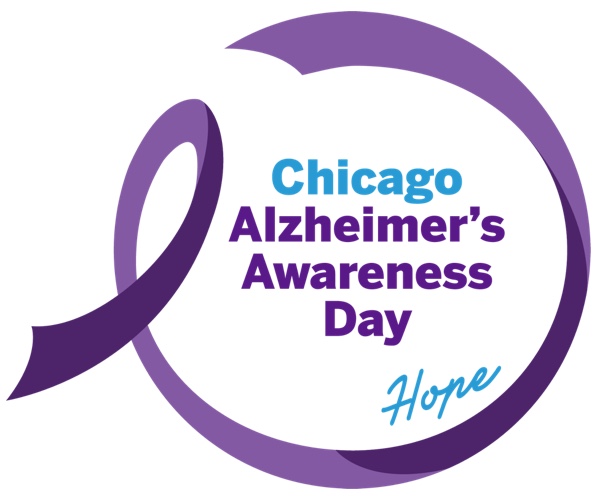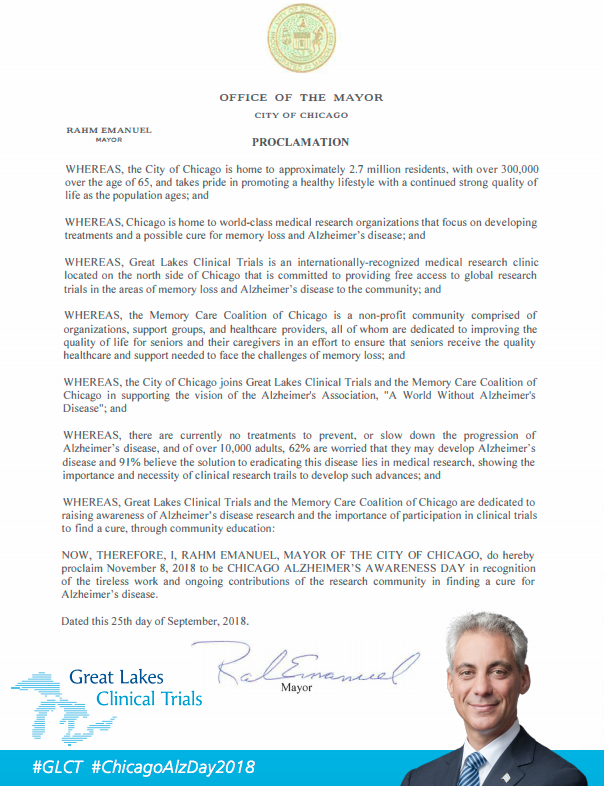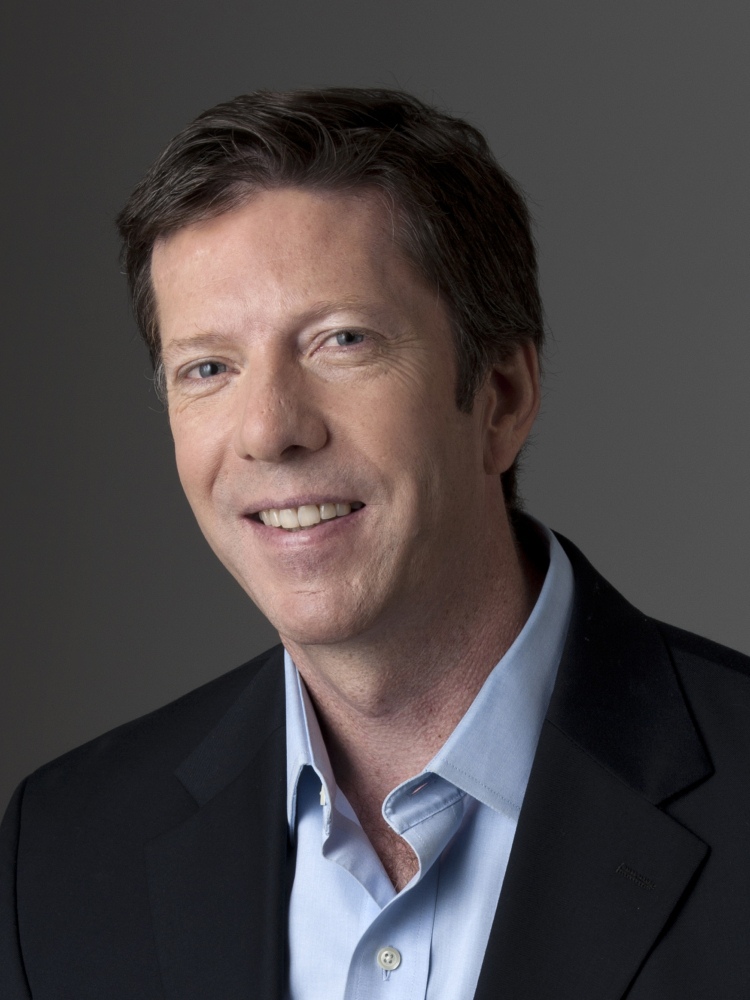There's growing evidence that a lack of sleep can leave the brain vulnerable to Alzheimer's disease.
"Changes in sleep habits may actually be setting the stage" for dementia, says Jeffrey Iliff, a brain scientist at Oregon Health & Science University in Portland.
The brain appears to clear out toxins linked to Alzheimer's during sleep, Iliff explains. And, at least among research animals that don't get enough solid shut-eye, those toxins can build up and damage the brain.
Iliff and other scientists at OHSU are about to launch a study of people that should clarify the link between sleep problems and Alzheimer's disease in humans.
It has been clear for decades that there is some sort of link. Sleep disorders are very common among people with Alzheimer's disease.
For a long time, researchers thought this was simply because the disease was "taking out the centers of the brain that are responsible for regulating sleep," Iliff says. But two recent discoveries have suggested the relationship may be more complicated.
The first finding emerged in 2009, when researchers at Washington University in St. Louis showed that the sticky amyloid plaques associated with Alzheimer's develop more quickly in the brains of sleep-deprived mice.
Then, in 2013, Iliff was a member of a team that discovered how a lack of sleep could be speeding the development of those Alzheimer's plaques: A remarkable cleansing process takes place in the brain during deep sleep, at least in animals.
What happens, Iliff says, is "the fluid that's normally on the outside of the brain, cerebrospinal fluid — it's a clean, clear fluid — it actually begins to recirculate back into and through the brain along the outsides of blood vessels."
This process, via what's known as the glymphatic system, allows the brain to clear out toxins, including the toxins that form Alzheimer's plaques, Iliff says.
"That suggests at least one possible way that disruption in sleep may predispose toward Alzheimer's disease," he says.
Jeffrey Iliff (left), a brain scientist at Oregon Health & Science University, has been studying toxin removal in the brains of mice. He'll work with Bill Rooney, director of the university's Advanced Imaging Research Center, to enroll people in a similar study in 2016.
To know for sure, though, researchers will have to study this cleansing process in people, which won't be easy.








